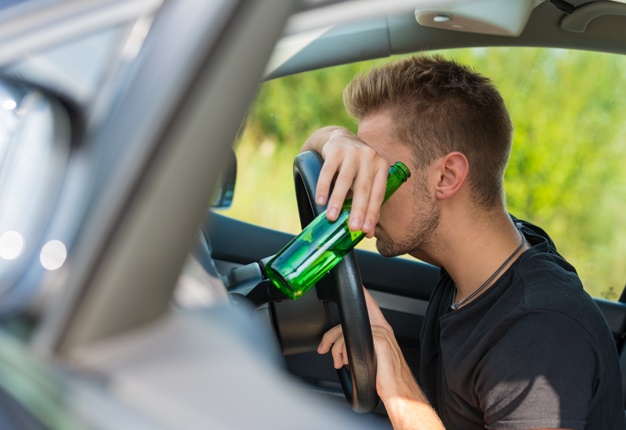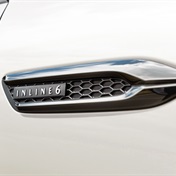
Johannesburg - Earlier in 2017, former Transport Minister Dipuo Peters controversially pointed out that the sentences for drunk driving may be too light and that drivers who are responsible for causing crashes while under the influence of alcohol should be treated the same as "murderers and rapists".
While harsh penalties may seem to be a deterrent will it curb drunk driving incidents in South Africa?
ALCO-Safe, suppliers of drug and alcohol testing equipment to local law enforcement in SA, shares information on alcohol testing, law enforcement and what can be done to curb road carnage in South Africa.
'Over the limit'
Rhys Evans, director of ALCO-Safe, said: "In South Africa, the legal limit for what constitutes as ‘over the limit’ is already rather strict, at .24mg/l for private vehicle license holders and .1mg/l for professional vehicle drivers in possession of a Professional Driving Permit (PDP) license, such as taxi, bus or truck drivers. This is significantly lower than that many countries, such as the UK, yet we are still seeing higher rates of drunk driving incidents and accidents than the UK does."
How do we change the mindset of drunk drivers?
Evans said said that in countries such as the UK, drunk driving is frowned upon – and not just by the police but by fellow motorists.
He said: "There is a stigma – a general air of disapproval – attached to getting behind the wheel of a car when a person has had more than a drink or two.
"This negative social perception of drunk driving means that people simply do not let each other drive when they have been drinking. This is the kind of social perception we need to generate in South Africa, in order for our drunk driving statistics to start falling."
What do you think should be done to curb drink driving in SA? Do you agree with ALCO-Safe? Share your thoughts with us.
'Cool factor'
He said: "Creating an environment in which drunk driving is seen as a negative thing starts with education, from a grass roots level. If driving drunk, or any other alcohol influenced behaviour - is perceived as a bad thing and the “cool factor” is removed, right from when people are first introduced to the idea that alcohol causes drunkenness – often in primary school already – then, it stands to reason that people would better get behind anti-drunk driving and sober designated driver campaigns.
"More visual educational drives around the effects and consequences of drunk driving should be effected at schools, in a similar vein to those talks and presentations given on the risks and dangers of narcotics'
Are harsh penalties effective?
Evans said: "Imposing harsh penalties in a country which does not yet have a mindset geared towards sober driving habits may seem like the answer, but it can be seen as a short-term fix with deep consequences.
"Consider a drunken driver who is pulled over and penalised with a lengthy prison stay and a strict fine. If the person is a breadwinner, his or her family would suffer the consequences of the loss of that income. Added to this that the person could face job loss or difficulty getting another job, thanks to a criminal record. While this may seem fair for the offender, it can cause far reaching damage for any dependents he or she may have."
Enforce the laws we have
Rather than implementing new, harsher penalties in reaction to the rising number of drunk driving incidents, Evans believes that government and authorities should improve law enforcement of existing legislation.
Evans said: "We already have strict legal drinking limits in place, with appropriate penalties, however these are not always enforced as well as they should be. South African law enforcement agencies should also be held accountable for the part they play in keeping drunk drivers off of our roads.
'In the US, in an attempt to reduce police brutality claims and enforce accountability, police forces have successfully implemented a technology whereby police officials where a vest mounted with a live stream video camera which they are unable to remove or operate themselves. This ensures that police forces adhere to their code of conduct and leaves no room for misunderstanding or misappropriation of rights – both for the officer and the alleged offender.
"A similar technology implemented in South Africa could well ensure that police forces are not only effectively enforcing the law, but also protects them against abuse and false claims, for both drunk driving incidents and more."
The magic trio
Evans concludes: "Harsh penalties could help to engender a feeling of fear of the consequences of drunk driving, but are unlikely to reduce the number of incidents without the magic trio: awareness or education about the effects of drunk driving from a grass roots level, a feeling of responsibility for our own actions generated a negative social perception of drunk driving, and enforcement of the law."




 Publications
Publications
 Partners
Partners














